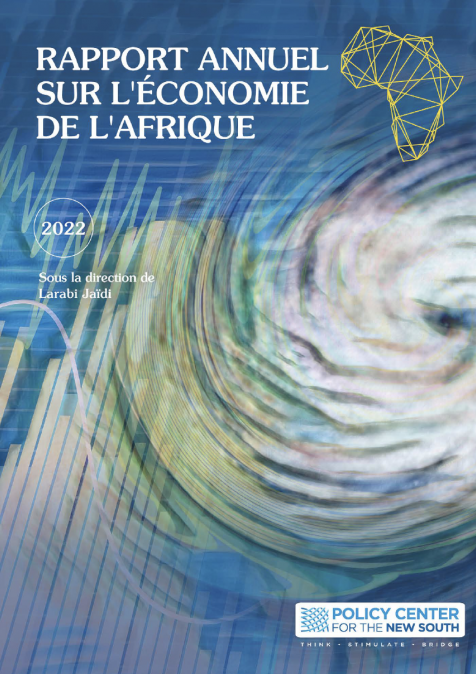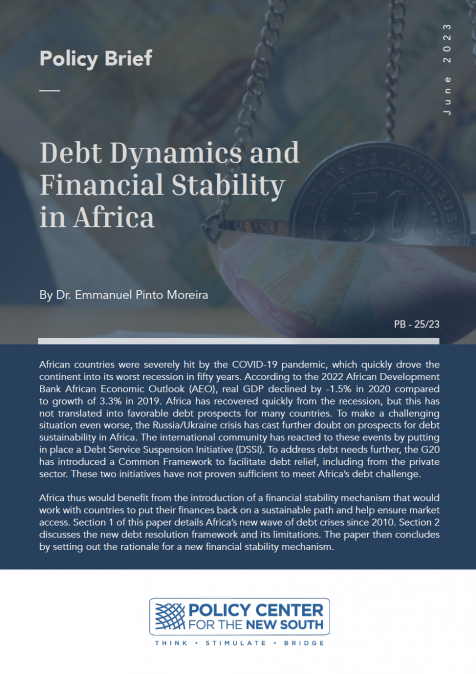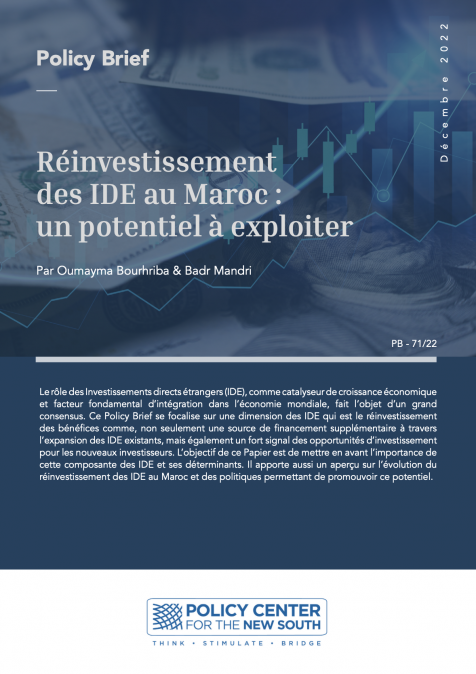Publications /
Research Paper
This paper provides a preliminary assessment of COVID-19’s impact on Africa, focusing on the sub-Saharan Africa (SSA) countries, based on information available as of October 2020. We first identify the two key long-term issues of the SSA countries before the crisis: resource dependency and slow productivity growth. COVID-19 has hit SSA countries hard, causing human and economic destruction and wiping out economic progress from the last decade. Instead of growing at 2.9% in 2020, as expected before COVID-19, the real GDP of SSA countries is now projected to decline by over 3%. At that pace, SSA’s real GDP per capita would be back to its 2008 level at the end of 2021. The impact of COVID-19 is also uneven: output decline in East and Southern Africa is expected to be greater than West and Central Africa, and resource-based economies are expected to be worse off than others. However, beyond the devastating effects caused by COVID-19 in health, fiscal, monetary, informal market, and debt servicing areas, SSA needs to address the long-term structural issues of slow productivity and resource dependency if it is to fully recover and achieve sustained economic growth. This paper discusses policy options available to the SSA countries during the transition until the world economy is returned to full normalcy, expected after 2022.












